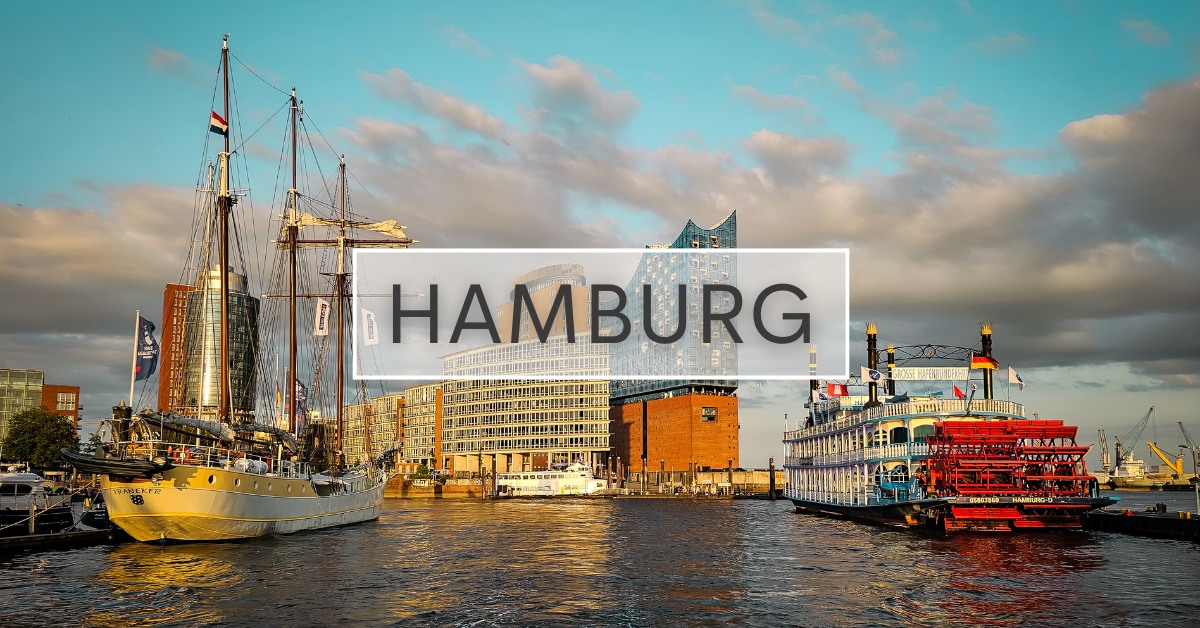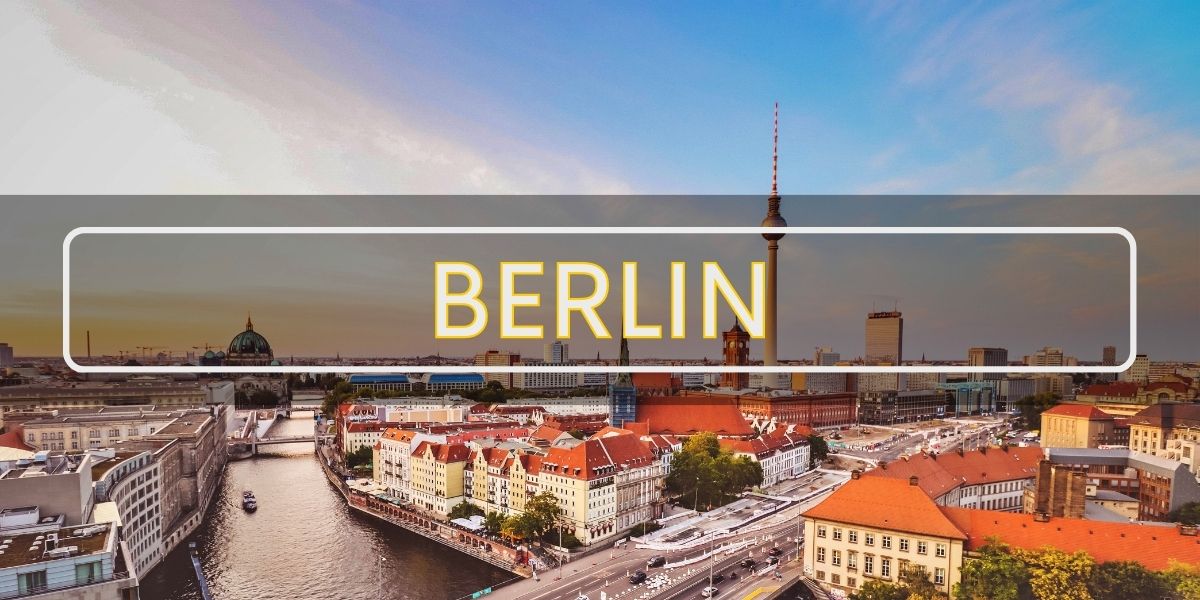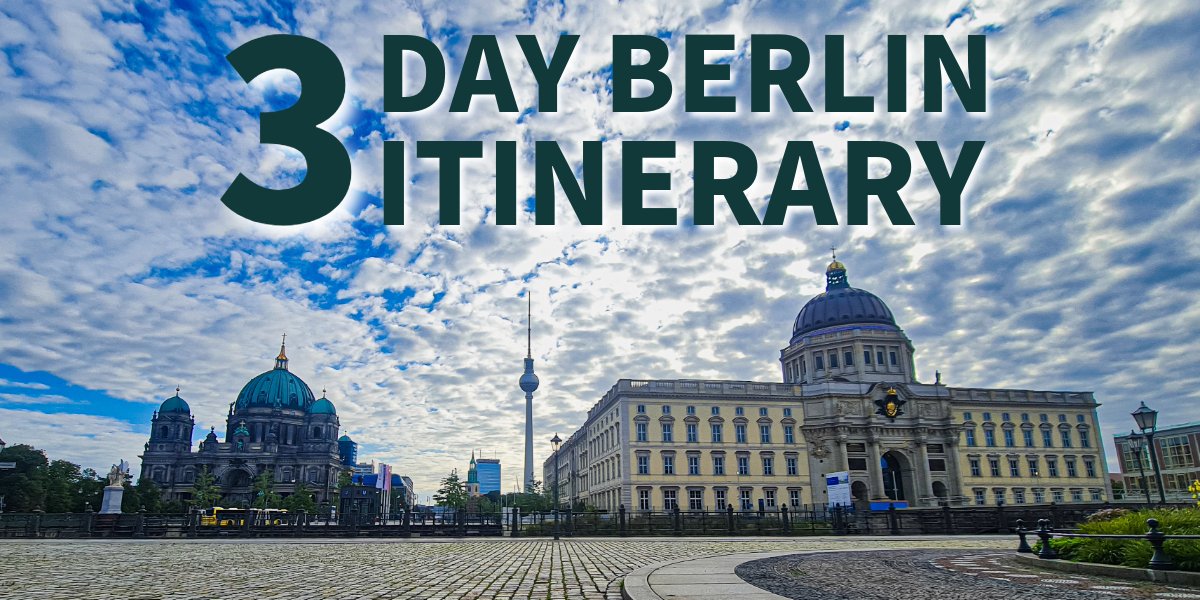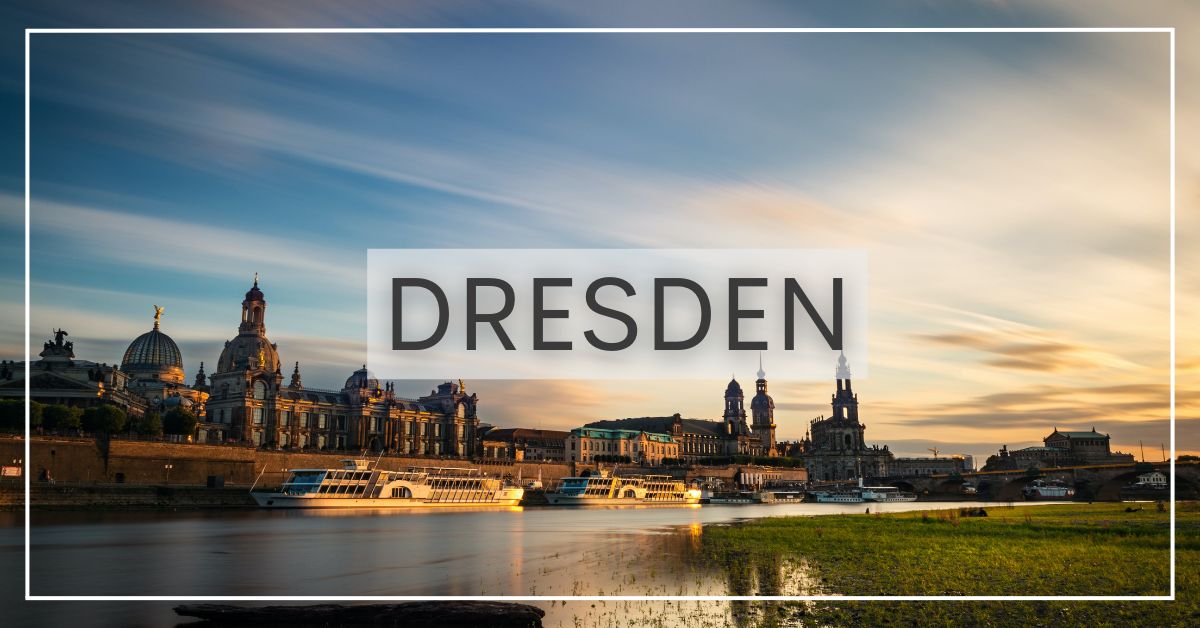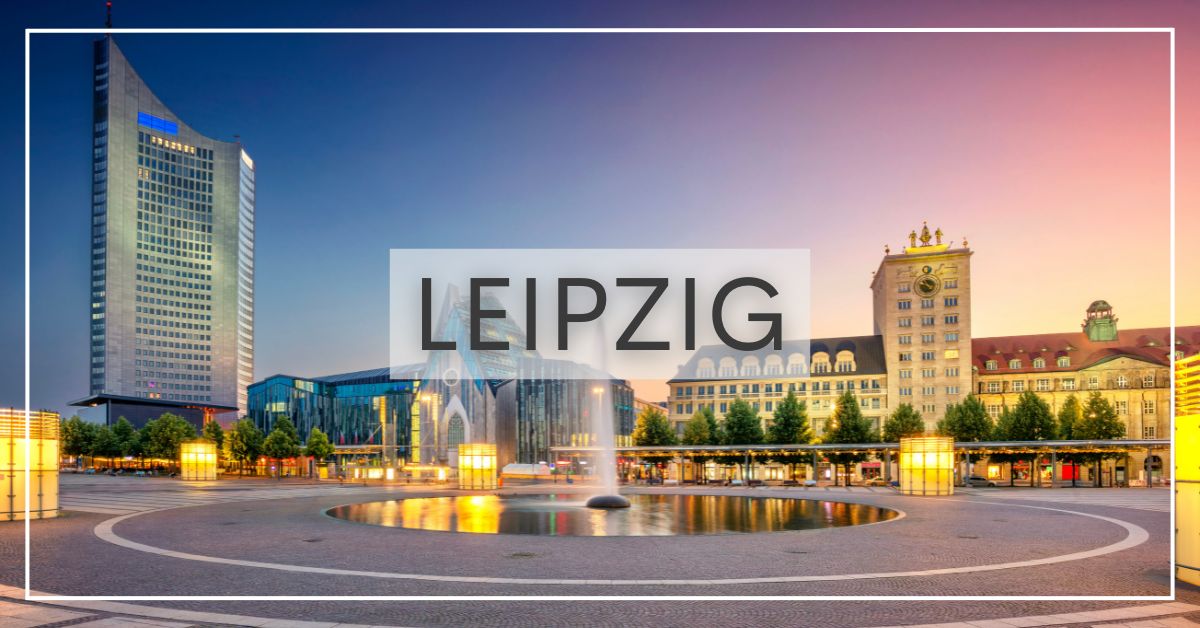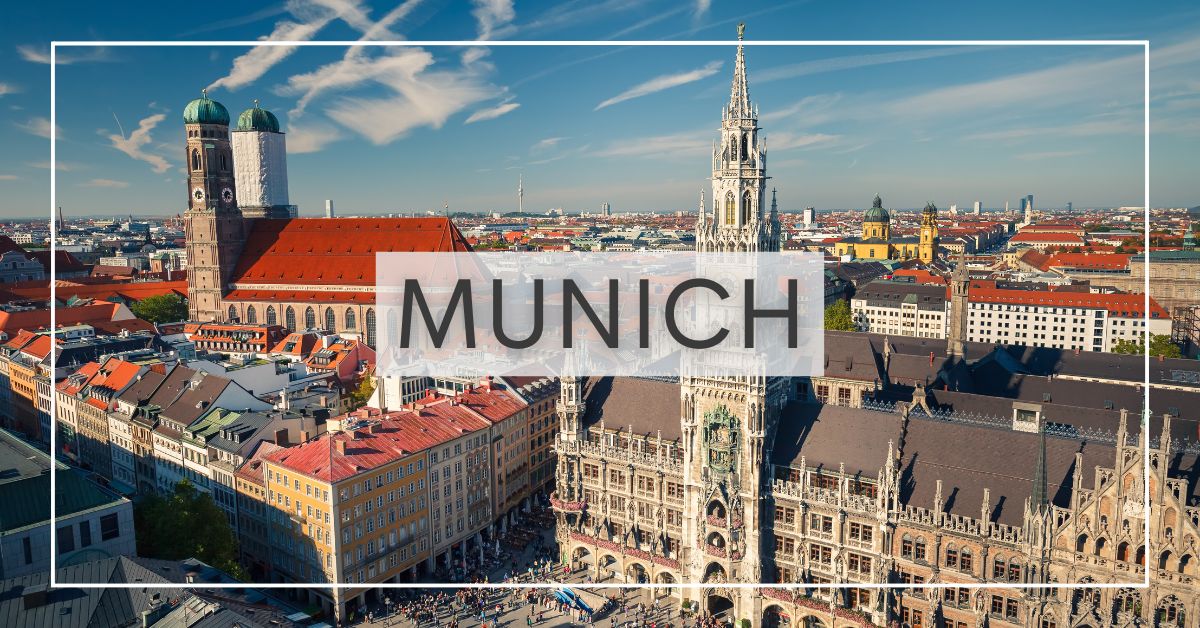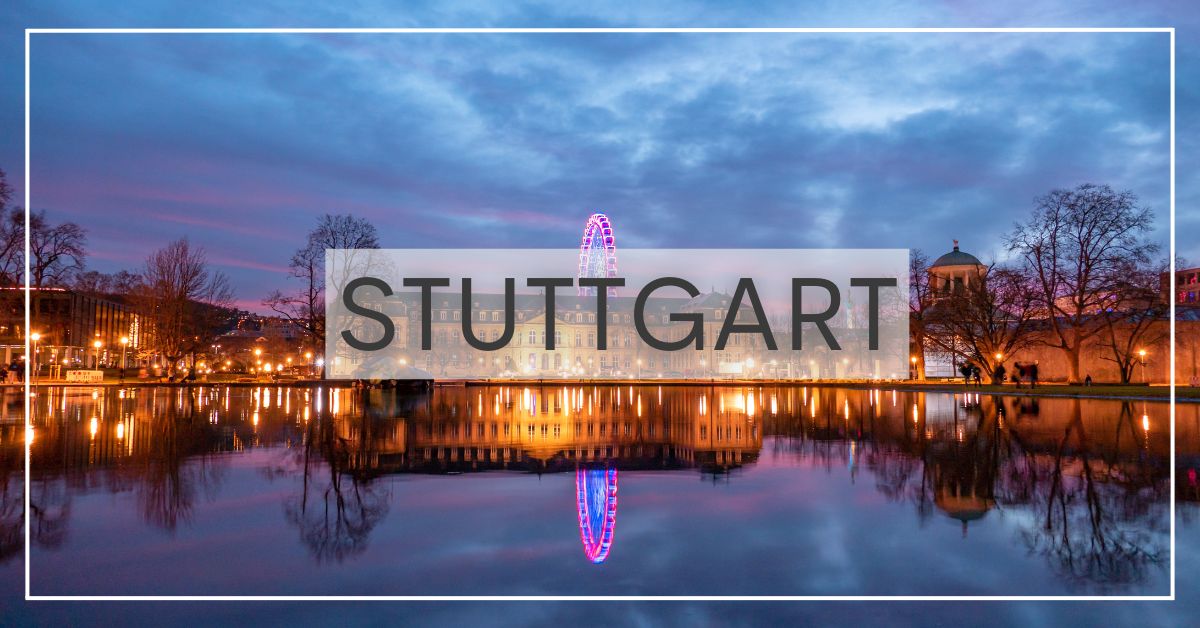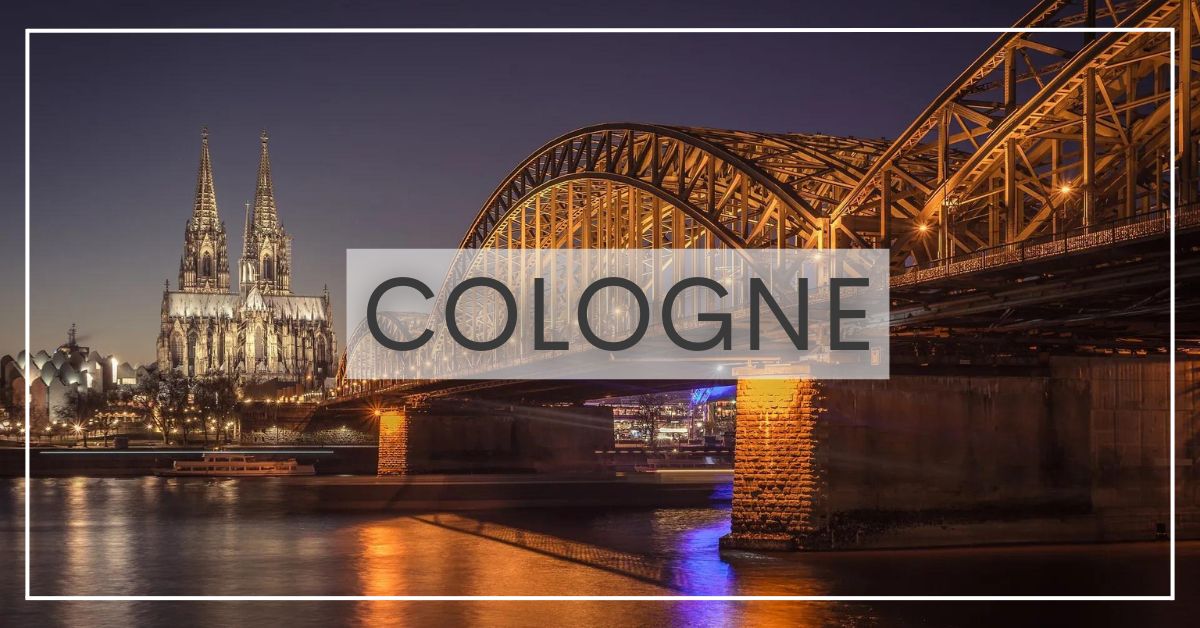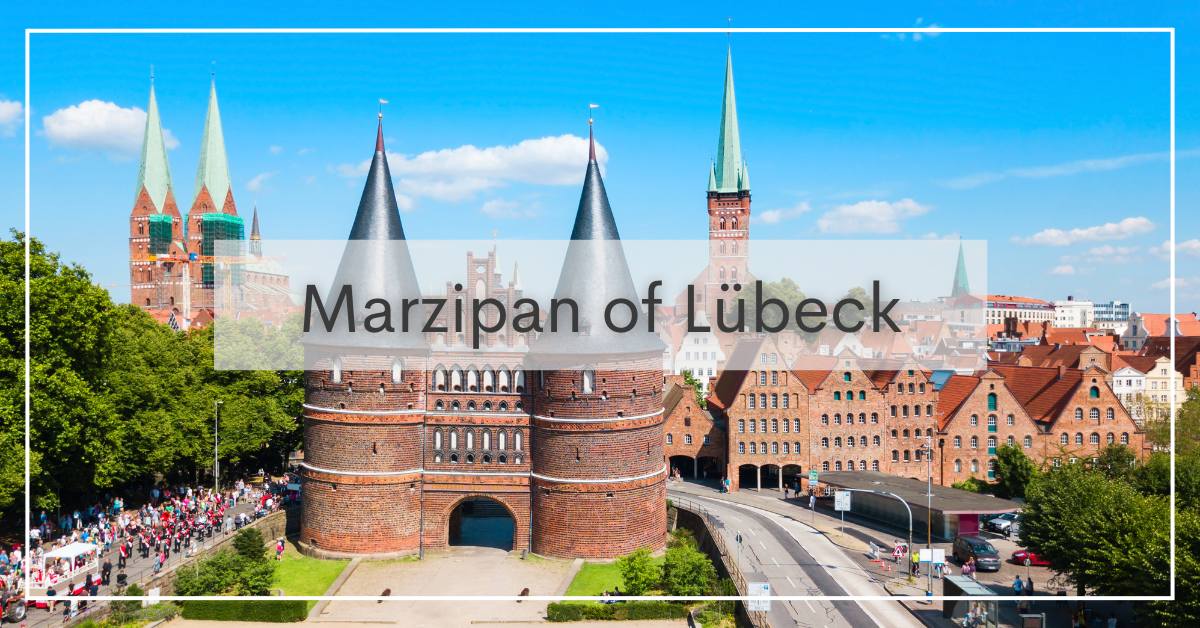Our thank you sale is on now - save 10% off any item, or 15% off two or more!
- Home
- Museums in Germany
Museums in Germany to Explore: My Top 10 Round-Up
By: Eran Fulson / Traveler, writer, and curious observer of all things German.
Museums in Germany are a literal treasure trove that go beyond the typical dusty exhibits. From ancient artifacts to groundbreaking innovations, the country offers an array of experiences, each unique and memorable. Whether you’re a history buff, art lover, tech enthusiast, or just curious, Germany’s museums have something special for you. Let’s dive into the best museums Germany has to offer and why each one is worth a visit.
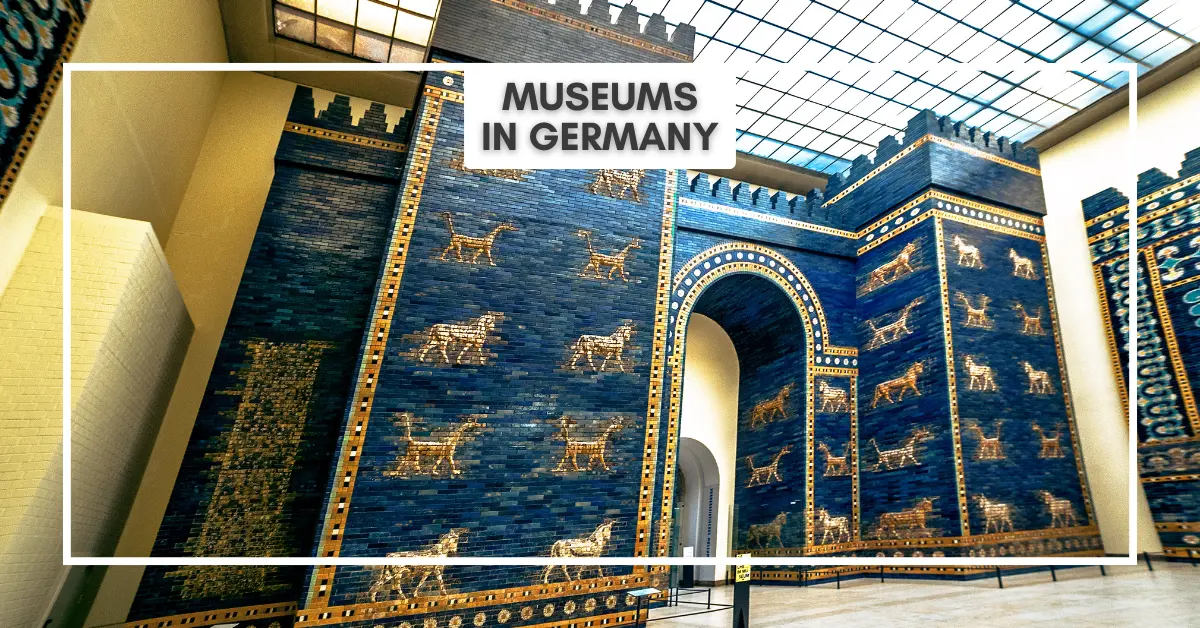 Ishtar Gate at the Pergamon Museum in Berlin.
Ishtar Gate at the Pergamon Museum in Berlin.On this page:
It might surprise you that museums in Germany add up to the second-most in the world after the USA. An even more random fact is that Berlin's +170 museums are more than the number of rainy days the city has in a year.
The hands-on science museums on this list are an amazing option for family days out and often lead itineraries for the top destinations in Germany.
And so, in no particular alphabetical or hierarchical order, here are my top 10 picks for museums in Germany:
1. International Maritime Museum, Hamburg
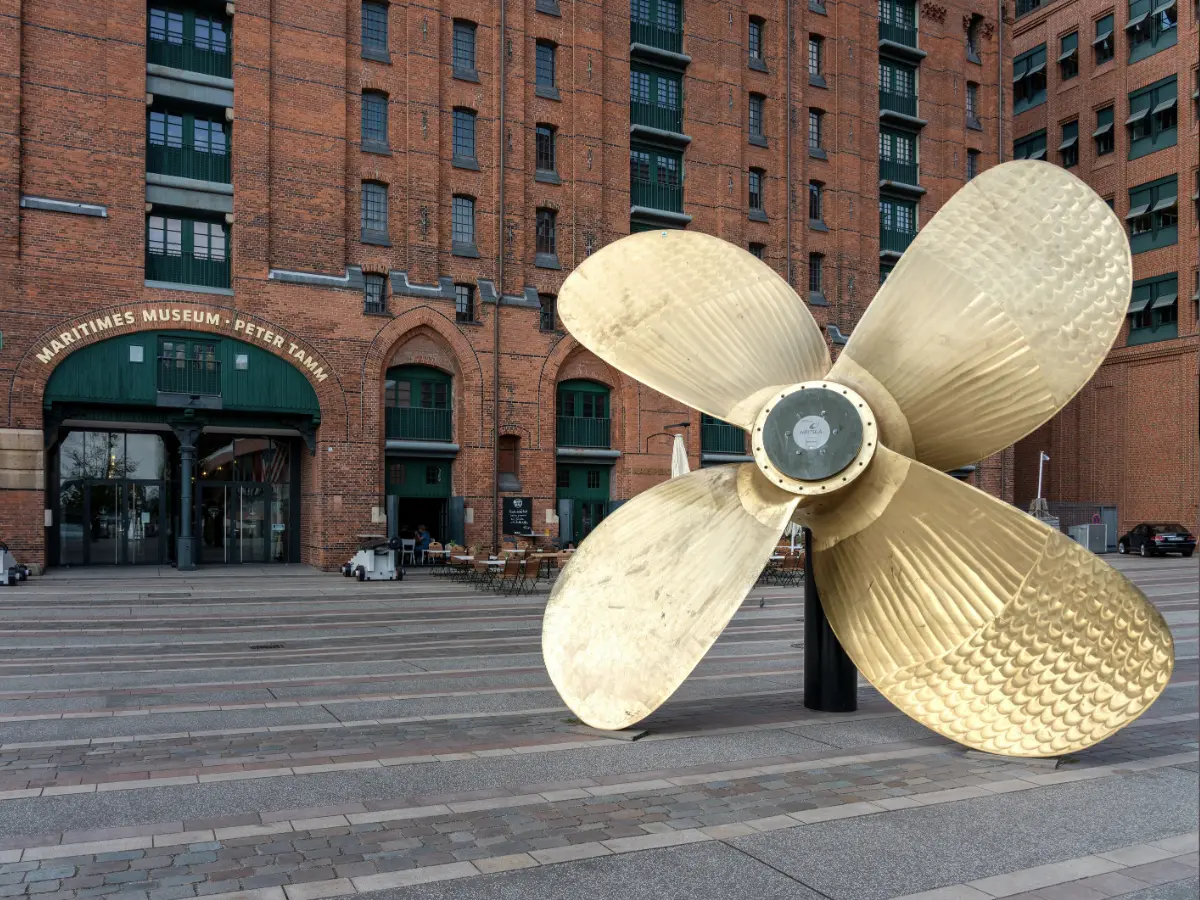
Why Visit:
Set within a historic warehouse, this museum is a deep dive into Germany’s seafaring legacy. With thousands of ship models, navigational tools, and maritime artifacts, it celebrates centuries of exploration and trade.
Highlights:
The immersive “ship simulator” lets you steer a massive vessel, and the exhibits of polar explorations and naval warfare are fascinatingly detailed.
2. Spy Museum, Berlin
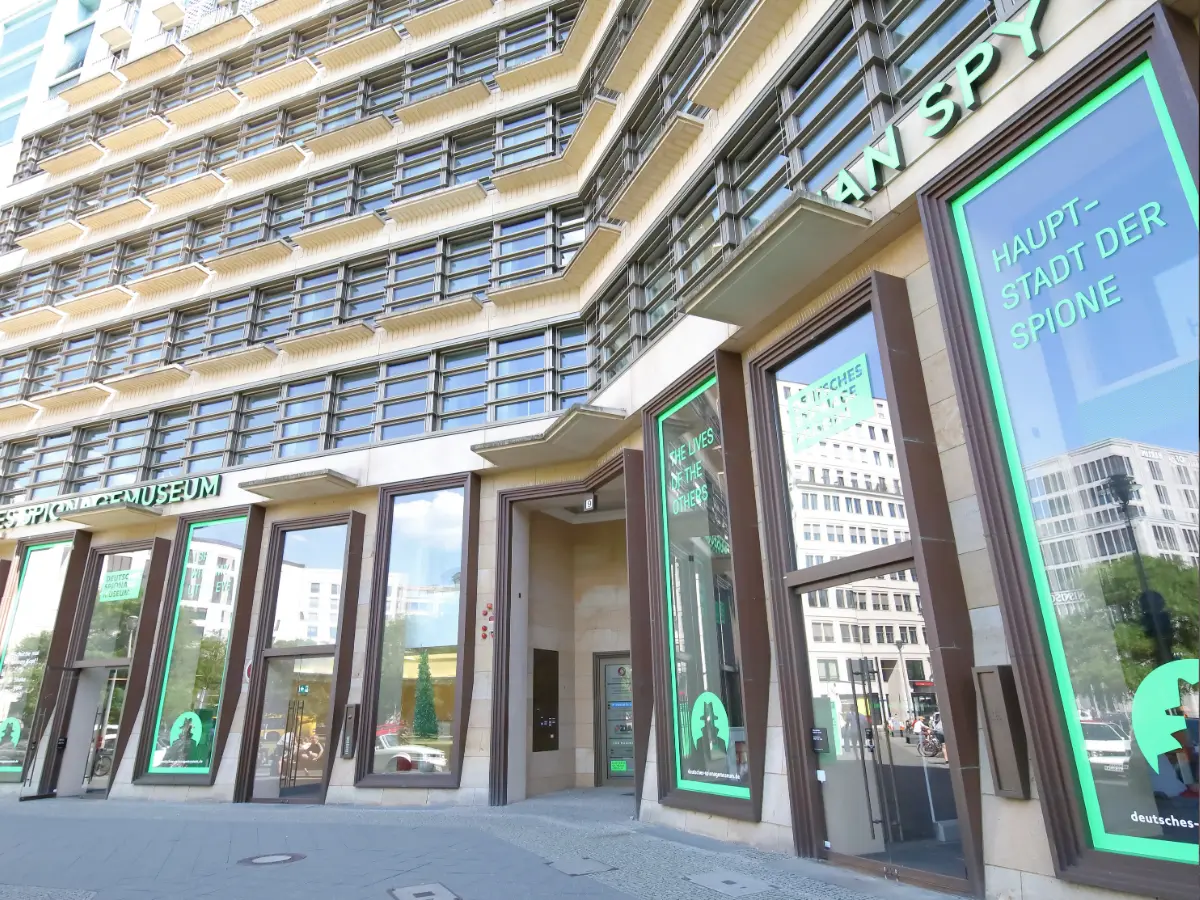
Why Visit:
Welcome to the shadowy world of espionage! This museum offers a peek behind the curtain, from Cold War spy gadgets to modern-day cyber intelligence.
Highlights:
Get hands-on with real spy tools, test your skill in the laser maze, and explore how espionage has shaped world events. It’s an exciting visit for James Bond fans and conspiracy enthusiasts alike.
3. Museum Island, Berlin
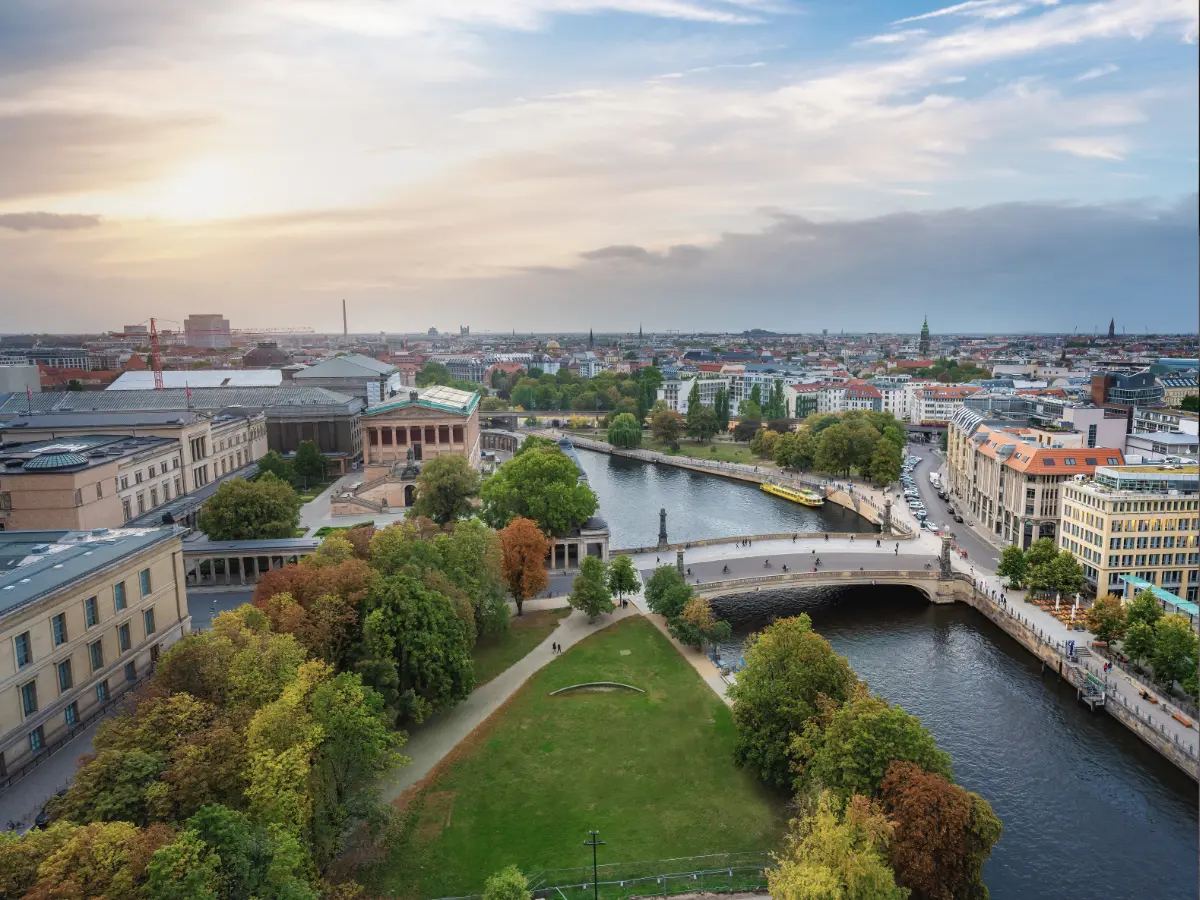
Why Visit:
A UNESCO World Heritage site and a cultural oasis, Museum Island houses five world-renowned museums, including the Pergamon and Neues Museum.
Highlights:
The Pergamon Altar, Ishtar Gate, and the Berlin State Museums’ vast art collections make it a must-visit for anyone eager to see iconic ancient artifacts and fine art a stone's throw from each other.
4. Gemäldegalerie Alte Meister, Dresden
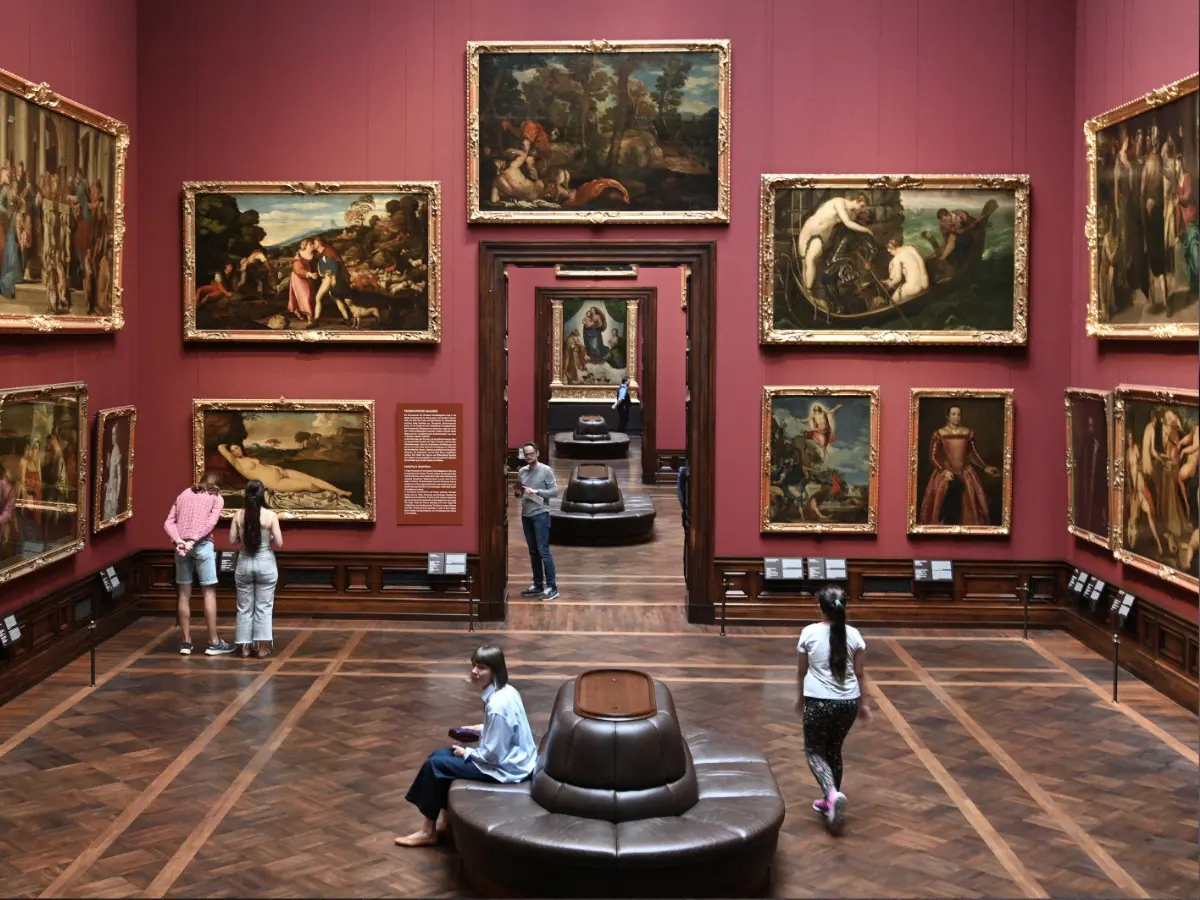
Why Visit:
This gallery is home to an impressive collection of European Renaissance and Baroque masterpieces. It's setting in Dresden's Zwinger Palace also makes it one of the most regal locations.
Highlights:
Works from Raphael, Rembrandt, and Vermeer are displayed here. The attention to detail in each piece and the tranquil setting make it ideal for contemplative art lovers.
5. Bayerwald Xperium, Sankt Englmar
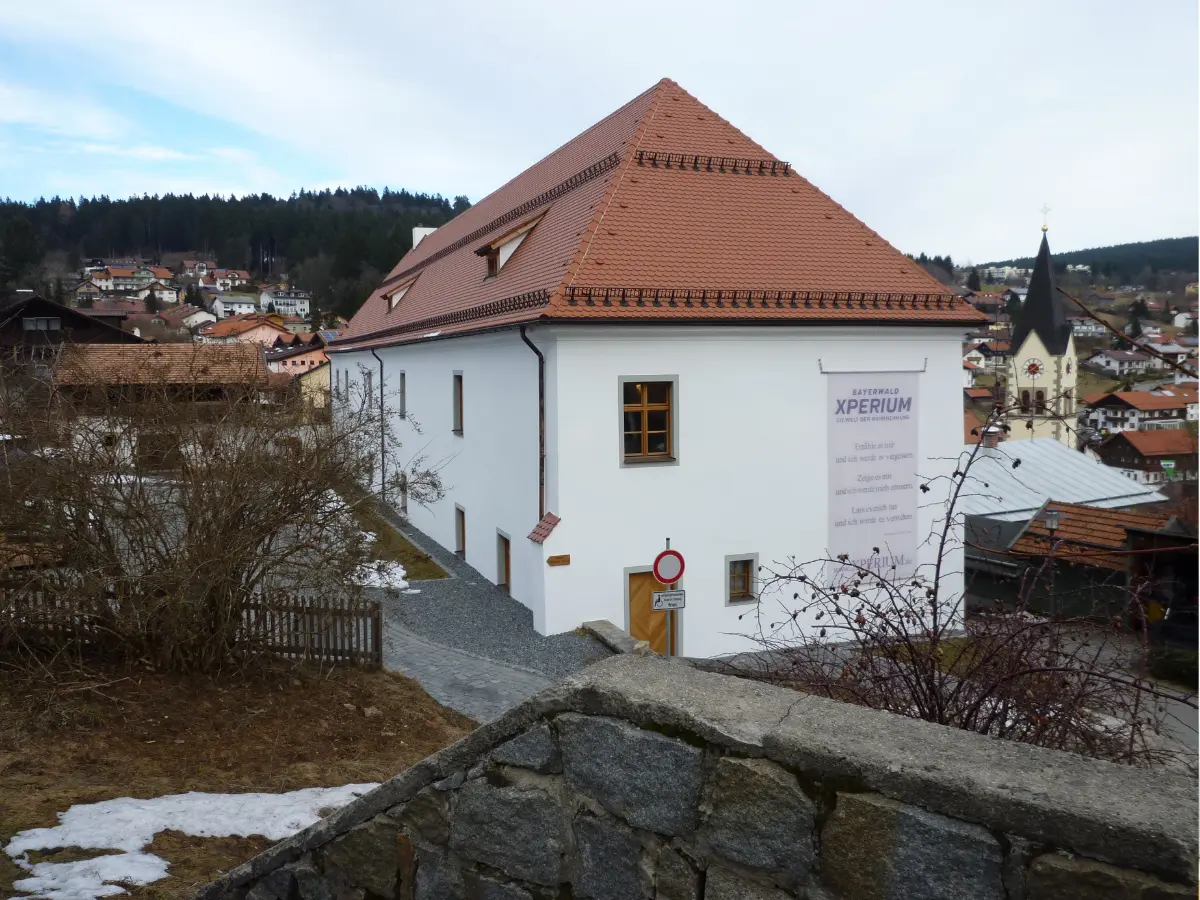 Rosa-Maria Rinkl, CC BY-SA 4.0, via Wikimedia Commons
Rosa-Maria Rinkl, CC BY-SA 4.0, via Wikimedia CommonsWhy Visit:
For those who prefer hands-on learning, this interactive science museum nestled in the Bavarian Forest is an excellent choice. Perfect for families looking a reprieve from the great outdoors.
Highlights:
With over 100 exhibits where you can explore the mechanics of everyday phenomena, it’s perfect for families and anyone with a curious mind. Don’t miss the gravity-defying experiments and optical illusions.
6. Bach Museum, Leipzig
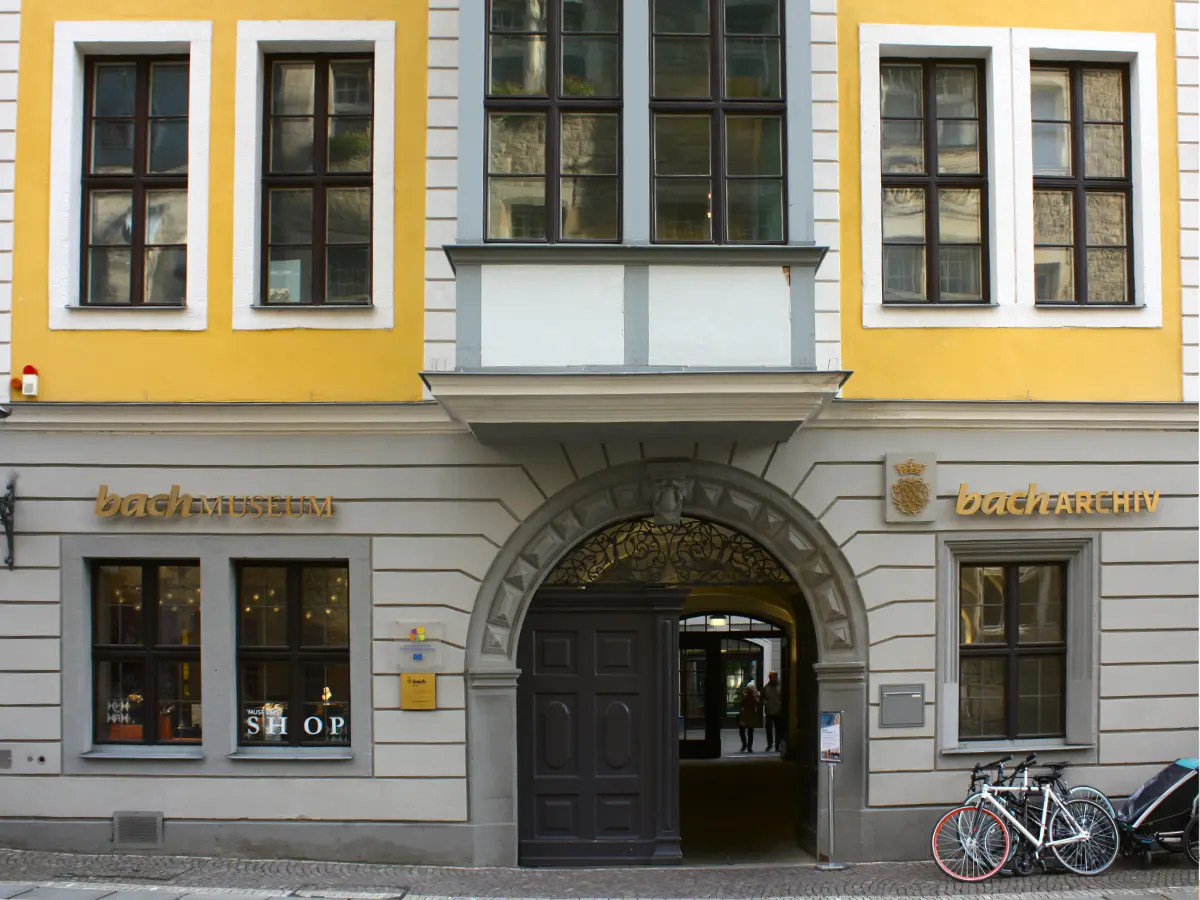
Why Visit:
Dedicated to Johann Sebastian Bach, this museum is a tribute to one of history’s greatest composers.
Highlights:
Visitors can view original manuscripts, listen to immersive audio installations, and learn about Bach’s life and impact. It’s a peaceful stop for music lovers and history buffs alike.
7. Deutsches Museum, Munich
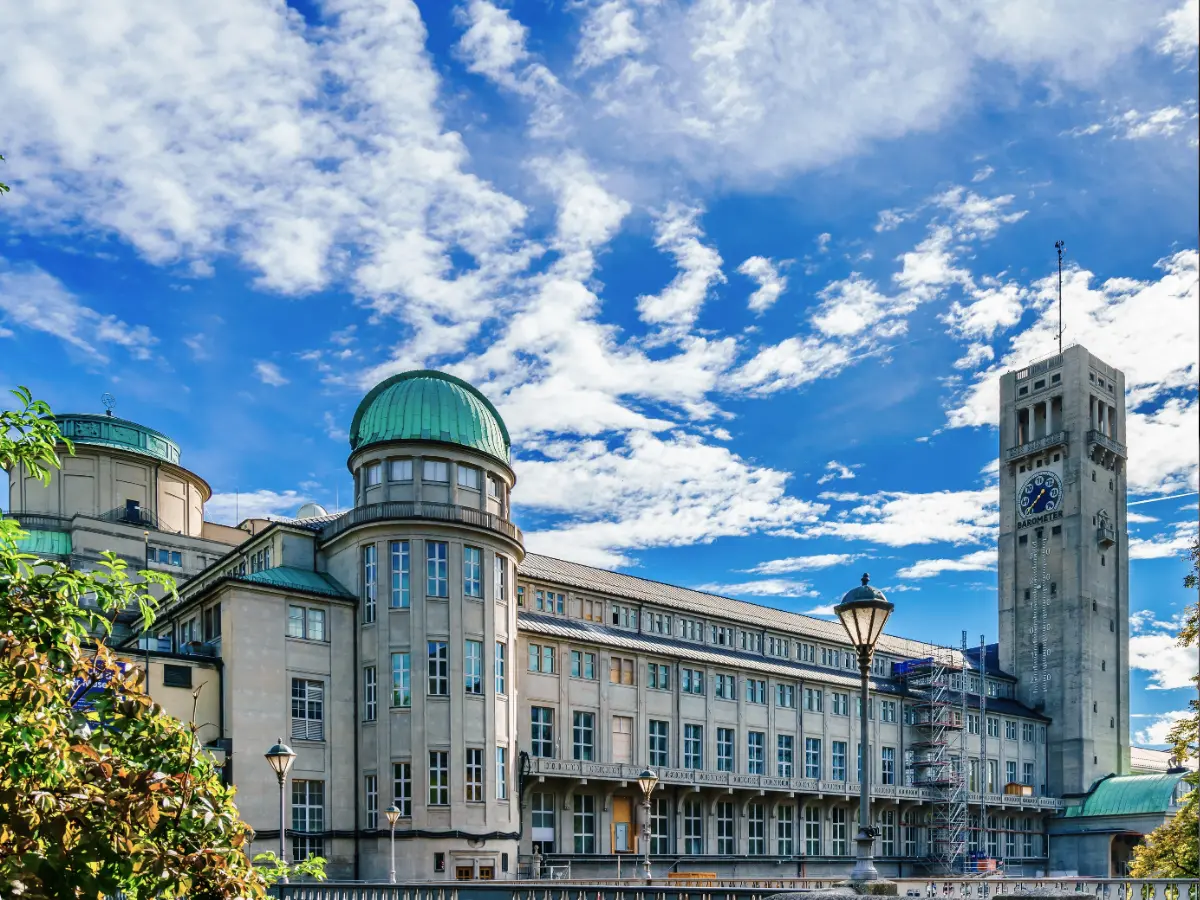
Why Visit:
As the largest science and technology museum in the world, the Deutsches Museum covers everything from aviation to nanotechnology.
Highlights:
Marvel at historical aircraft, experiment with interactive displays, and enjoy learning about technological advancements. It’s a playground for the intellectually curious and one of Munich’s top attractions.
8. Mercedes-Benz Museum, Stuttgart
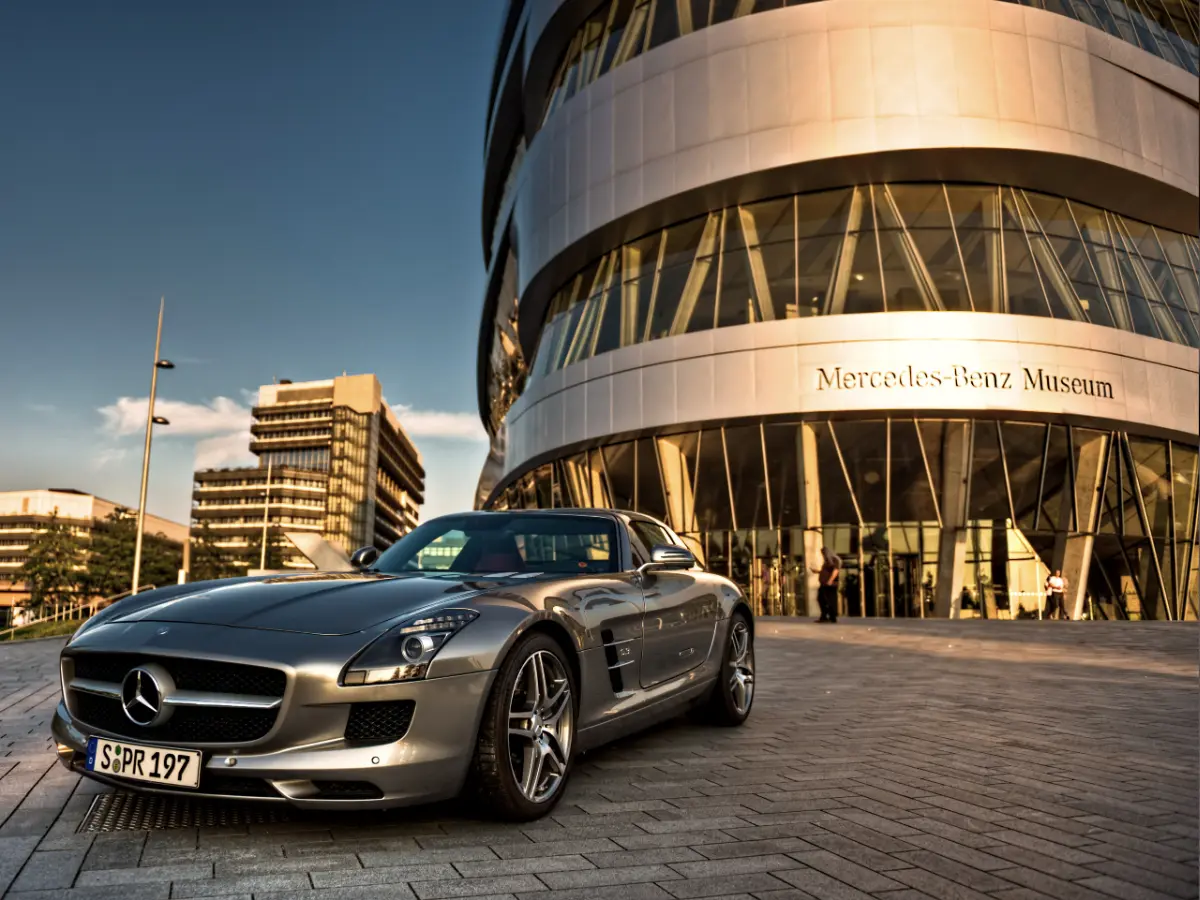
Why Visit:
A sleek homage to automotive innovation, the Mercedes-Benz Museum offers a journey through the evolution of the automobile.
Highlights:
The museum’s “time machine” layout takes you through decades of engineering excellence, with displays ranging from early engines to futuristic prototypes. Car enthusiasts will be in heaven.
9. Chocolate Museum, Cologne
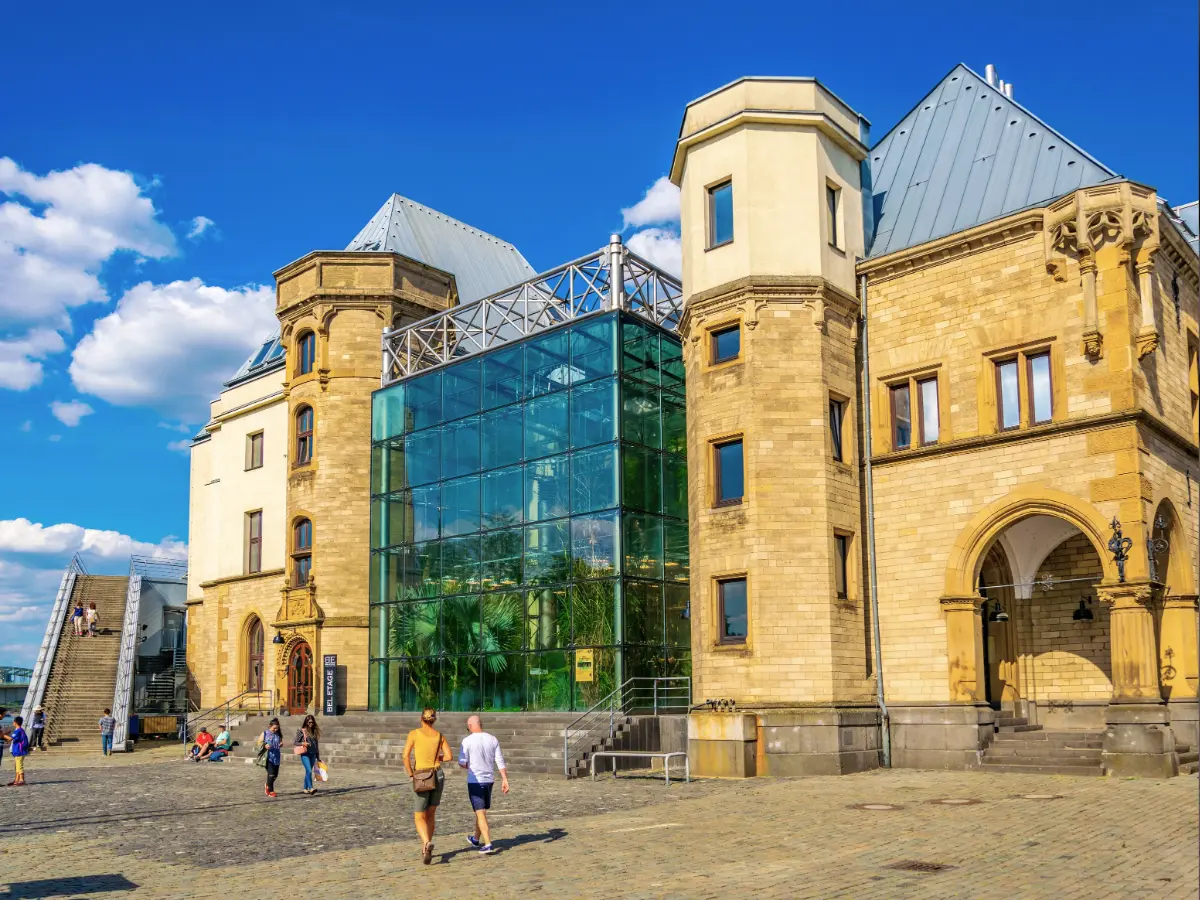
Why Visit:
Get a behind-the-scenes look at the history and process of chocolate making, right in the heart of Cologne.
Highlights:
The museum includes live chocolate-making demonstrations, a tropical greenhouse to learn about cocoa, and samples at the chocolate fountain. It’s a sweet experience that’s hard to beat.
10. Niederegger Museum, Lübeck
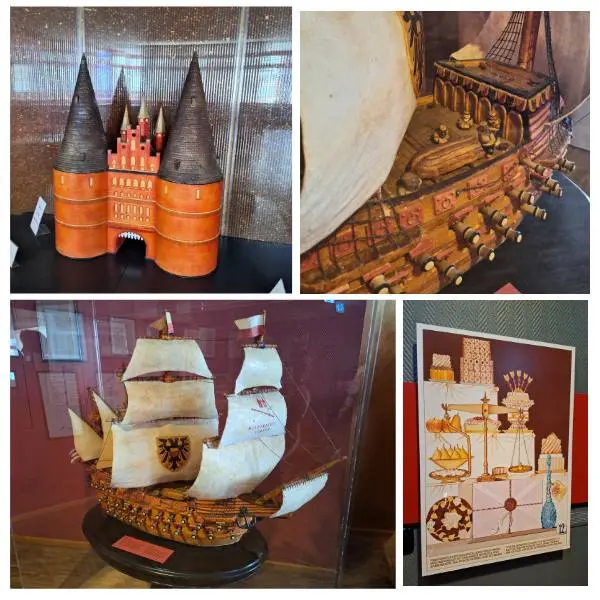
Why Visit:
Lübeck is known for its marzipan, and the Niederegger Museum celebrates this confection with style.
Highlights:
Learn about marzipan’s history, enjoy detailed sculptures, and sample the goods. The café here is legendary, and you can even watch artisans create delicate treats in real-time.
Additional Tips for Visiting German Museums
- Plan Ahead: Many of these museums offer online booking options to save time. Consider combo passes, especially in cities like Berlin, where several museums can be visited with one pass.
- Guided Tours: Opt for a guided tour if you’re keen on deeper insights, as many of these museums have experts ready to share fascinating details you might miss otherwise.
- Accessibility: Germany’s museums generally prioritize accessibility, with options for wheelchair access, audio guides, and sensory-friendly exhibits.
Final Thoughts
Museums in Germany are as varied as they are culturally rich. From groundbreaking science exhibits and ancient artifacts to unique experiences like the Chocolate Museum, each visit offers something memorable. So, whether you’re traveling solo, or as a family, for leisure or curiosity, make sure to set aside time for these incredible cultural landmarks.
Museums in Germany FAQ
What is the most well-known museum in Germany?
What is the most well-known museum in Germany?
The Pergamon Museum in Berlin stands out as one of Germany's most renowned museums. Situated on Museum Island, a UNESCO World Heritage Site, it houses an impressive collection of ancient artifacts, including the Pergamon Altar and the Ishtar Gate. These masterpieces draw visitors from around the globe, making it a centerpiece of Berlin's cultural landscape.
What is the largest museum in Germany?
What is the largest museum in Germany?
The Deutsches Museum in Munich holds the title of the largest museum in Germany. Dedicated to science and technology, it spans approximately 20,000 square meters of exhibition space. With over 28,000 exhibited objects covering 50 fields, it offers a comprehensive journey through scientific advancements and technological innovations.
Are museums free in Germany?
Are museums free in Germany?
While many museums in Germany charge an entrance fee, there are notable exceptions. For instance, the Alte Nationalgalerie in Berlin offers free admission on the first Sunday of each month. Additionally, some museums provide discounted or free entry on specific days or times, and certain exhibitions may be accessible without charge. It's advisable to check individual museum websites for the most current information.
What is the most creative city in Germany?
What is the most creative city in Germany?
Berlin is often celebrated as Germany's hub of creativity. The city boasts a vibrant arts scene, with numerous galleries, theaters, and music venues. Its rich history, combined with a dynamic contemporary culture, fosters an environment where creativity thrives. From the bustling streets of Kreuzberg to the artistic enclaves of Prenzlauer Berg, Berlin pulsates with innovative energy.



